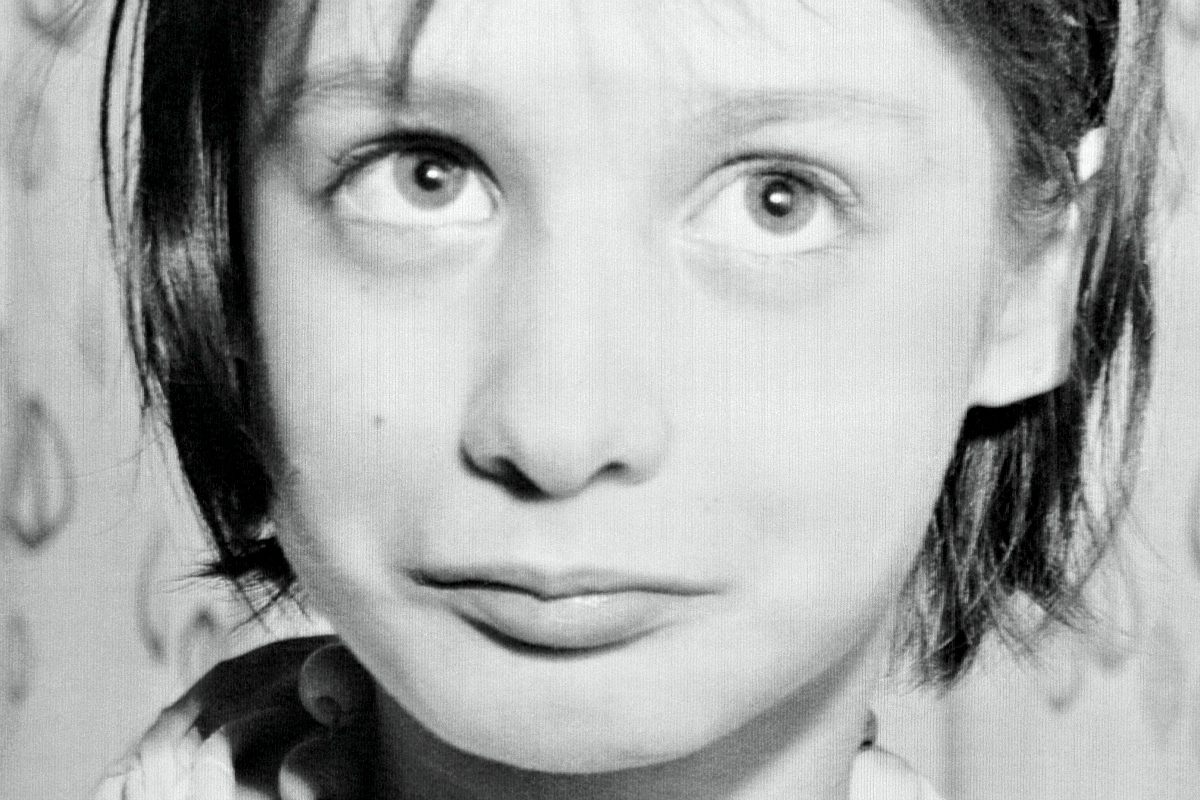Curtiss (1977)
 Perhaps one of the most famous studies in developmental psychology is the study of Genie Wiley, a young girl who was severely abused by her parents. Psychologists were interested to study whether she would recover from her abuse and demonstrate improvement in her cognitive, social and physical development.
Perhaps one of the most famous studies in developmental psychology is the study of Genie Wiley, a young girl who was severely abused by her parents. Psychologists were interested to study whether she would recover from her abuse and demonstrate improvement in her cognitive, social and physical development.
The following study may be used to address factors that influence cognitive and social development, as well as questions on the effect of trauma.
Curtiss was one of the psychologists assigned to help Genie, a young girl who had suffered from extreme deprivation. Bowlby proposed the Maternal Deprivation Hypothesis that argued that a lack of attachment between an infant and a primary caregiver (i.e., mother) could result in long-term cognitive, social, and emotional difficulties for that infant.
In addition to looking at Genie's cognitive, social and emotional development, Curtiss was particularly interested in seeing if Genie could learn a language. Genie provided scientists with the chance to test the critical period hypothesis of cognitive development. The theory claims that there is an ideal window of time to acquire language in a linguistically rich environment, after which further language acquisition becomes much more difficult and effortful. The theory also posits that if language input does not occur until after this time, the individual will never achieve a full command of language - especially grammatical systems.
Curtiss (1977) researched the case of Genie, a girl who was discovered by the authorities at the age of 13 having been cruelly neglected by her parents. She walked awkwardly and made very little sound, having been tied on a potty chair for most of her life, and beaten by her father for making any noise.
When she was found by Child Services, she was at the developmental stage of a toddler, and she could barely speak. The majority of information for the case study was gathered from observing Genie and working with her in regular sessions. Information about her early life was gathered primarily by observing Genie’s behaviour. As she began to speak, her comments were noted down by researchers, hospital staff and her foster parents. Daily doctors’ medical reports, as well as videotapes and tape recordings, were made and catalogued. Psychological testing was also used, including IQ and language tests.
Brain scanning was not yet sufficiently developed to be conducted on Genie, but Curtiss noted that Genie performed far worse on cognitive tasks that tested left hemisphere function or the interaction of both hemispheres, than on spatial awareness tasks that used the right hemisphere exclusively. This suggested that the left hemisphere, mainly used for the recognition and production of speech, was severely under-developed by Genie’s years of silent isolation.
In spite of initial progress, Genie never recovered from her deprivation and trauma. Her inability to develop normal language was seen as evidence that the critical period for learning language was from two years to puberty. If that critical period was missed, as it had been for Genie, then it was claimed that it was not possible to develop full use of language.
The reports on Genie form a richly detailed case study with good quantitative and qualitative data. As always, though, great caution must be exercised in any attempt to generalize from case studies.
There was a strong suggestion that Genie may have had developmental problems in infancy, so it was not possible to say that her subsequent failure to develop normally was due solely to her traumatic experiences.
The study of Genie is unique and it is difficult to transfer the findings to other cases. Other studies, for example, have at least one other family member with whom the abused child forms an attachment. That was not the case in this study.
There were serious ethical concerns about the relationship between Curtiss and Genie. The researcher developed a close relationship with Genie that could be seen as inappropriate. In addition, it may have been a variable that influenced the outcome of the research.

 IB Docs (2) Team
IB Docs (2) Team
